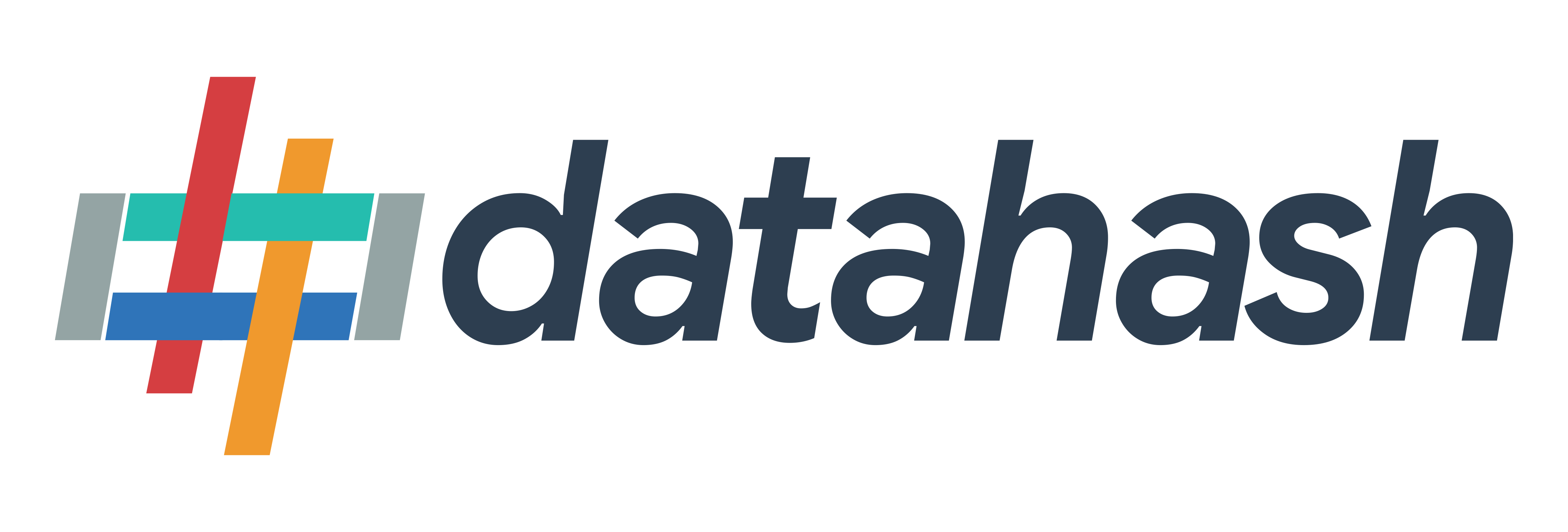Why is Data Consent So Important in Today’s Digital World?
In an era where personal information has become a valuable currency, the concept of data consent has risen to the forefront of discussions surrounding privacy, ethics, and technology. But why is data consent such a crucial aspect of our increasingly digital lives? Let’s delve into this pressing question and explore the profound implications it holds for individuals, businesses, and society as a whole.
What Does Data Consent Actually Mean?
Before we delve into its significance, let’s clarify what data consent entails. Data consent is essentially the act of granting permission for the collection, use, and sharing of one’s personal information. This consent can take various forms, from clicking “I agree” on a website’s terms and conditions to providing explicit consent for specific data processing activities.
Protecting Individual Privacy
One of the most compelling reasons why data consent matters is its role in safeguarding individual privacy. In an age where our digital footprints are constantly expanding, our personal data has never been more vulnerable. Without proper consent mechanisms in place, sensitive information, such as our financial records, medical history, and even our location, can be exploited or misused.
Ethical Data Handling
Data consent is also closely tied to ethical considerations. It ensures that organisations and entities responsible for collecting and processing data do so transparently and responsibly. By seeking explicit permission from individuals, organisations demonstrate their commitment to respecting personal boundaries and using data for legitimate purposes.
Compliance with Legal Frameworks
Data consent is not merely a matter of ethics; it’s a legal requirement in many jurisdictions. Laws like the European Union’s General Data Protection Regulation (GDPR) and the California Consumer Privacy Act (CCPA) have stringent requirements for obtaining and managing data consent. Failure to adhere to these regulations can result in severe fines and legal consequences.
Enhancing Trust
In a world where data breaches and privacy scandals dominate headlines, building trust is paramount. Obtaining clear and informed data consent helps foster trust between individuals and the organisations they interact with. When people know that their data is handled with care and only used for agreed-upon purposes, they are more likely to engage with digital services and share information.
Balancing Personalization and Privacy
Data consent also plays a pivotal role in striking a balance between personalization and privacy. Many digital services rely on user data to provide tailored experiences, such as personalised recommendations and targeted advertisements. With proper consent, individuals can enjoy these benefits while maintaining control over how their data is used.
Conclusion
In a world where data is often dubbed “the new oil,” the importance of data consent cannot be overstated. It serves as a cornerstone of privacy, ethics, legal compliance, trust-building, and the delicate balance between personalization and privacy. As individuals become more conscious of their digital footprints, and as regulations continue to evolve, the question of data consent will remain at the heart of our digital interactions. Understanding its significance is not just a matter of compliance; it’s a fundamental aspect of navigating our data-driven world responsibly and ethically.












